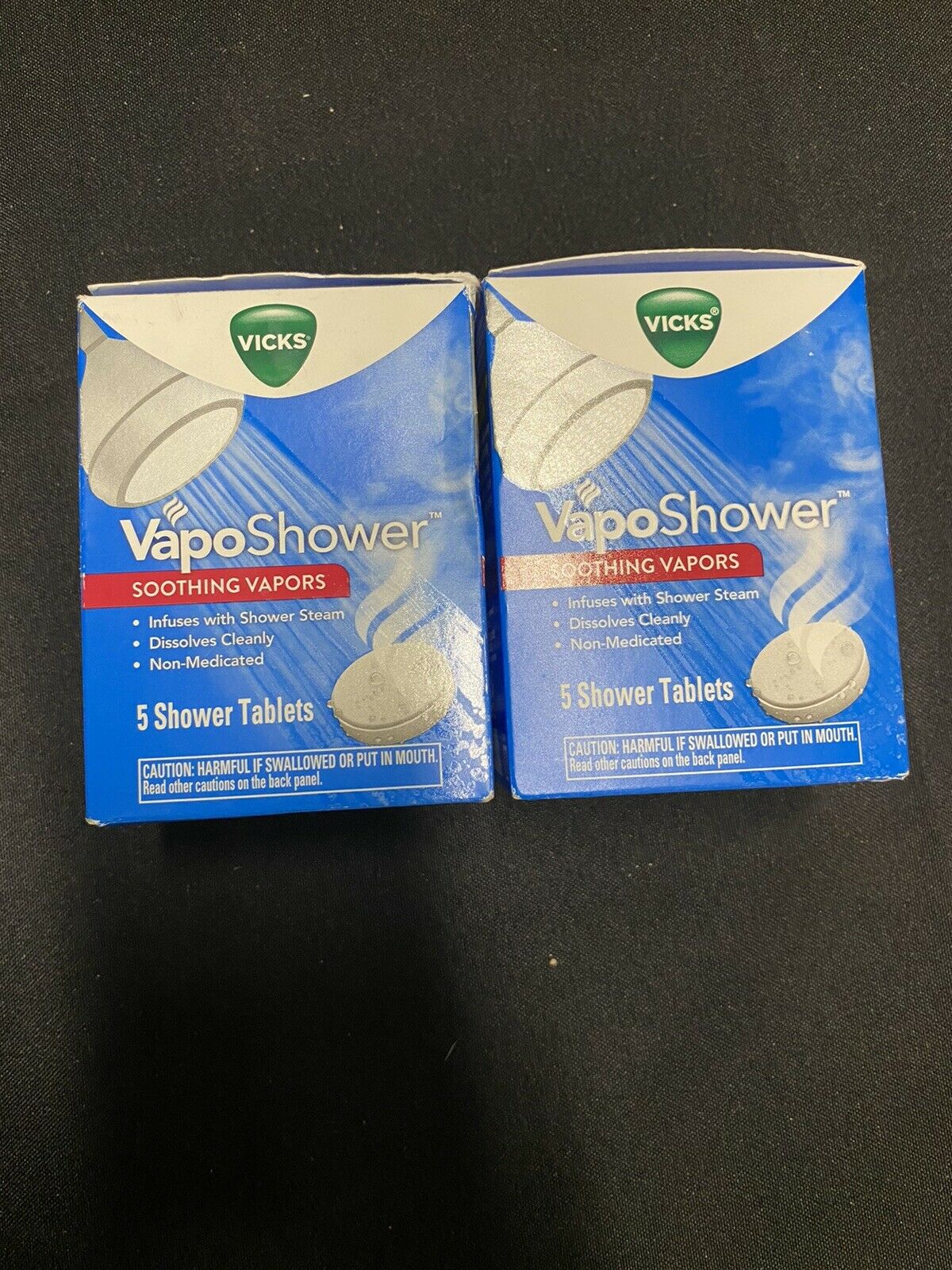-40%
Citric Acid Food Grade FCC/USP Granular Anhydrous NON-GMO 2.LB ,7.5 LB 40LB
$ 10.55
- Description
- Size Guide
Description
Food Grade:USDA
Grade
Standards for
Food
: How They are Developed and Used. Department of Agriculture.
FCC
:
"
Food Chemicals Codex
" -
(FCC) refers to a compendium of standards that is used internationally to ensure the quality and purity of food ingredients. The FCC helps manufacturers and consumers in recognizing genuine ingredients and substances and assures the quality of food products.
USP:
A chemical grade of sufficient purity to meet or exceed requirements of the
United States Pharmacopeia
(USP); acceptable for food, drug, or medicinal use; may be used for most laboratory purposes.
NON-GMO:
Free of any G
enetically Modified Organism
Citric acid, what is it and how is it used?
Citric Acid
is a naturally occurring preservative used in many applications including canning, flavoring, cleaning, and even photography development. As a weak organic acid, it is commonly purchased in powder form but is found in all citrus fruits including lemons, limes, oranges, and tangerines. While it has a variety of uses from food preservation to flavoring, it also has many other practical home uses as well.
Preservative
When used in the canning process, it helps prevent the harmful form of food poisoning known as botulism. When combined with fruits or vegetables, Citric Acid helps to maintain a safe pH level inside the foods. Additionally, Citric Acid will also help to minimize discoloration or oxidization that naturally occurs over time.
Sour Flavoring
Since Citric Acid is safe for human consumption and has a naturally bitter taste, it is a favorite ingredient in most types of candy, especially sour flavored candies. Many artificial flavorings and drinks also use it in their recipes. In moderation, the bitter flavor is also used to enhance dishes by balancing sweet and salty flavors together. Acting as a flavoring substitute, many health food recipes call for the use of Citric Acid.
Alternative Uses
While Citric Acid is best known as a food preservative and flavor enhancer, it has many alternative uses. Because it is a weak organic acid, it is useful as an environmentally safe cleaning product. There are many different types of these environmentally safe cleaning products that contain various levels of Citric Acid. Some other useful tools Citric Acid can be used for are artificial enamel formation and regeneration as well as its use in photography in the chemical process of developing prints.
·
100% pure - Anhydrous
FCC/USP Approved
Aroma Depot
Citric Acid
You
MUST
add
3
(1lb Pouches)
to the cart to qualify
for this promotion.
You will only pay
for 2
(
1lb Pouches
)
Once the checkout process is completed, the discount will be reflected.
<<
If you only add 2
to the cart
you
will only receive 2
,
MUST ADD
3
TO CART
"Aroma Depot
is not
responsible
if you don't follow these
steps to qualify for this promotion."
How do the promotions work?
When purchasing from a listing that's running, a promotional sale customers must follow the rules.
Look at the main image and the description to follow the proper steps.
Its automated promotion ran by eBay, and proper steps must be followed.
Aroma Depot, Inc. will not be responsible if you didn't read the directions.
Opened bags cannot be returned.
Professionally Packaged in a
Quality Heat Sealed Resealable Clear Pouch
HIGHEST QUALITY
Pure Citric Acid
Food Grade
FCC
USP
NON GMO
Grade A
Product Description
:
Citric acid is a weak organic acid with the formula C6H8O7. It is a natural preservative which occurs naturally in citrus fruits and is also used to add an acidic or sour taste to foods and drinks. In biochemistry, the conjugate base of citric acid
, citrate, is important as an intermediate in the citric acid cycle, which occurs in the metabolism of all aerobic organisms. It consists of 3 carboxyls (R-COOH) groups. Citric acid is a commodity chemical, and more than a million tons are produced every year by fermentation. It is used mainly as an acidifier, as a flavoring, and as a chelating agent.
Organic Acid:
organic acids
are
weak acids
and do not dissociate completely in water, whereas the strong mineral
acids
do. Lower molecular mass
organic acids
such as formic and lactic
acids
are miscible in water, but higher molecular mass
organic acids
, such as benzoic
acid
, are insoluble in molecular (neutral) form.
C
6
H
8
O
7
:
Molecular Formula for Citric Acid
Food Grade:
USDA
Grade
Standards for
Food
: How They are Developed and Used. Department of Agriculture.
FCC
:
"
Food Chemicals Codex
" -
(FCC) refers to a compendium of standards that is used internationally to ensure the quality and purity of food ingredients. The FCC helps manufacturers and consumers in recognizing genuine ingredients and substances and assures the quality of food products.
USP:
A chemical grade of sufficient purity to meet or exceed requirements of the
United States Pharmacopeia
(USP); acceptable for food, drug, or medicinal use; may be used for most laboratory purposes.
NON-GMO:
Free of any G
enetically Modified Organism
Citric acid, what is it and how is it used?
Citric Acid
is a naturally occurring preservative used in many applications including canning, flavoring, cleaning, and even photography development. As a weak organic acid, it is commonly purchased in powder form but is found in all citrus fruits including lemons, limes, oranges, and tangerines. While it has a variety of uses from food preservation to flavoring, it also has many other practical home uses as well.
Preservative
When used in the canning process, it helps prevent the harmful form of food poisoning known as botulism. When combined with fruits or vegetables, Citric Acid helps to maintain a safe pH level inside the foods. Additionally, Citric Acid will also help to minimize discoloration or oxidization that naturally occurs over time.
Sour Flavoring
Since Citric Acid is safe for human consumption and has a naturally bitter taste, it is a favorite ingredient in most types of candy, especially sour flavored candies. Many artificial flavorings and drinks also use it in their recipes. In moderation, the bitter flavor is also used to enhance dishes by balancing sweet and salty flavors together. Acting as a flavoring substitute, many health food recipes call for the use of Citric Acid.
Alternative Uses
While Citric Acid is best known as a food preservative and flavor enhancer, it has many alternative uses. Because it is a weak organic acid, it is useful as an environmentally safe cleaning product. There are many different types of these environmentally safe cleaning products that contain various levels of Citric Acid. Some other useful tools Citric Acid can be used for are artificial enamel formation and regeneration as well as its use in photography in the chemical process of developing prints.
·
100% pure - Anhydrous
FCC/USP Approved
Use for water softening, craft making, candy making, pH adjustment of shampoo bases & more!
Dishwashing
Softens water to clean up all the scaling in your dishwasher. Scaled nozzles have less spraying power. The soft water also aids in cleaning of dishes during pre-rinse.
Household Cleaner
Many all-natural household cleaners, such as kitchen and bathroom sprays, contain a small percentage of citric acid to help clean hard water stains and kitchen messes. The citrusy smell of the acid is pleasant, so it works well as both a cleaner and a deodorizer. Common household use of lemon juice is to use it to clean hard water and mineral deposits from shower doors, sinks and toilets.
Carpet Cleaner
Applying a 10 percent pharmaceutical-grade citric acid to discolored carpeting can help to remove stains, according to the In fact, many carpet cleaning companies use this very solution for cleaning carpets in homes and businesses.
Bath Bombs: Combine with sodium bicarbonate to make fizzy bombs for your bath.
In candy making, citric acid provides a sour flavor. This is what's on Warheads.
Using citric acid, cleansers become lather and will clean better due to the softened water.
Pool care Make a paste and remove stains from your swimming pool liner and fiberglass pools (TEST FIRST!)
Algicides
Citric Acid is used to chelate copper in formulations used to kill algae in reservoirs and natural waters. The citric acid chelates the copper, then slowly releases it resulting in an extended time of effectiveness.
Animal Feed
Citric acid is used in animal feeds to form soluble, easily digestible chelates of essential metal nutrients, enhance response to antibiotics, enhance flavor to increase food uptake, to control gastric pH and improve the efficiency of the feed.
In the slaughter operation, sodium citrate is used to prevent the coagulation or clotting of fresh blood. Calcium is an essential mineral for the clotting mechanism to occur. Citrate chelates the calcium, thus preventing the coagulating from taking place.
Cigarettes
Air-cured tobacco smoke is often alkaline, giving harsh and irritating flavors. Citric acid and other components are added to balance the flavors.
Citric acid is also used in cigarette paper to control the burn rate. This ensures the tobacco and paper burn at the same rate.
Circuit Boards
For Soaps
Chelate metals in hard water.
TILE CLEANER
Prepare 1 cup of Citric Acid with 3 cups of water in a bowl. Stir until completely dissolved. Apply to tile with a scrub brush. Rinse clean. Dirty, stained Tile will once again be beautiful and shiny bright!
Citric acid can be used to clean circuit boards before soldering. Although more costly than mineral acids, citric acid has the advantage of being environmentally friendly.
Concrete Admixture
Citric acid is added to concrete formulations to retard the set rate and reduce the amount of water required. In the retarding the set rate, the Citrate interferes with the hydration of portland cement. In its role as a water reducer, citrate acts as a dispersant, reducing the viscosity of the cement slurry so less water is needed to make workable mixture detergents
.












